Dog of the week: Cane Corso
Exploring the Majestic Cane Corso: A Guide to Italy's Noble Guardian
In the realm of canine nobility, few breeds command as much respect and admiration as the Cane Corso. Hailing from Italy, this majestic and powerful breed has captured the hearts of dog lovers around the world with its imposing presence, unwavering loyalty, and remarkable intelligence. In this blog post, we embark on a journey to uncover the fascinating world of the Cane Corso, delving into its history, temperament, characteristics, and why it continues to be a beloved companion and guardian.
The history of the Cane Corso is deeply intertwined with the rich tapestry of Italian culture. Believed to be descendants of ancient Roman Molossus dogs, Cane Corsos were originally bred as versatile working dogs, fulfilling various roles such as guarding property, hunting game, and even participating in gladiatorial combat. Their name, "Cane Corso," is derived from the Latin word "cohors," which means guardian or protector—a testament to their esteemed role throughout history.
Despite their formidable appearance, Cane Corsos possess a gentle and affectionate nature, especially towards their families. Known for their unwavering loyalty and deep bonds with their human companions, they excel as loving and devoted pets. However, it's essential to recognize that their protective instincts are deeply ingrained, making early socialization and consistent training crucial for ensuring they develop into well-rounded and well-behaved companions.
Physically, the Cane Corso is an imposing and muscular breed, characterized by its large, robust build and distinctive facial features. With a broad head, powerful jaw, and alert expression, they exude an air of confidence and strength. Their short, dense coat comes in various colors, including black, fawn, and brindle, adding to their striking appearance. While their size and strength may seem intimidating to some, those familiar with the breed understand that beneath their imposing exterior lies a gentle giant with a heart of gold.
As devoted guardians and loyal companions, Cane Corsos thrive in environments where they are an integral part of the family. They form deep bonds with their owners and are known for their unwavering devotion and protective instincts. Whether lounging at home with their loved ones or patrolling the perimeter of their territory, Cane Corsos take their role as protectors seriously, earning them a reputation as formidable yet loving companions.
While Cane Corsos make exceptional pets for the right families, potential owners must consider the breed's specific needs and characteristics. Their size and strength necessitate regular exercise and mental stimulation to prevent boredom and ensure their well-being. Additionally, consistent training and socialization from an early age are essential to help channel their protective instincts in a positive direction. Responsible ownership, including providing proper nutrition, veterinary care, and a loving environment, is paramount to ensuring the health and happiness of these magnificent dogs.
In conclusion, the Cane Corso stands as a shining example of loyalty, courage, and devotion. With their regal presence and unwavering dedication to their families, they have rightfully earned their place as cherished companions and guardians. Whether serving as faithful protectors or beloved family pets, Cane Corsos continue to captivate hearts around the world with their majestic beauty and steadfast loyalty, leaving an indelible mark on those fortunate enough to share their lives.
Frequently Asked Questions (FAQs)
1. What is the origin of the Cane Corso?
The Cane Corso hails from Italy and is believed to be a descendant of ancient Roman Molossus dogs. Historically, they served as versatile working dogs, performing roles such as guarding property, hunting game, and even participating in gladiatorial combat.
2. What does the name "Cane Corso" mean?
The name "Cane Corso" is derived from the Latin word "cohors," which means guardian or protector, reflecting the breed's esteemed role throughout history.
3. What are the key characteristics of a Cane Corso?
Cane Corsos are known for their large, muscular build, broad head, powerful jaw, and alert expression. They have a short, dense coat that comes in various colors, including black, fawn, and brindle.
4. Are Cane Corsos good family pets?
Yes, Cane Corsos can be excellent family pets. They are known for their loyalty, affectionate nature, and deep bonds with their human companions. However, their protective instincts require early socialization and consistent training.
5. What kind of temperament does a Cane Corso have?
Cane Corsos are gentle and affectionate with their families, showing deep loyalty and devotion. They have a natural protective instinct, which makes them excellent guardians.
6. How much exercise does a Cane Corso need?
Due to their size and strength, Cane Corsos require regular exercise to stay healthy and happy. This includes daily walks, playtime, and mental stimulation to prevent boredom.
7. What type of training is required for a Cane Corso?
Early socialization and consistent training are crucial for Cane Corsos. This helps to channel their protective instincts positively and ensures they develop into well-behaved companions.
8. Are Cane Corsos easy to train?
Cane Corsos are intelligent and eager to please, which can make training easier. However, due to their strong-willed nature, they require a confident and experienced owner who can provide firm and consistent guidance.
9. What are the grooming requirements for a Cane Corso?
Cane Corsos have a short, dense coat that is relatively low-maintenance. Regular brushing to remove loose hair and occasional baths are usually sufficient to keep their coat healthy.
10. What health issues are common in Cane Corsos?
Like many large breeds, Cane Corsos can be prone to certain health issues such as hip dysplasia, elbow dysplasia, and certain heart conditions. Regular veterinary check-ups and a healthy diet can help manage and prevent these issues.
11. How do Cane Corsos interact with other pets?
With proper socialization, Cane Corsos can get along well with other pets. However, due to their protective nature, it is important to introduce them to other animals gradually and under controlled conditions.
12. What is the lifespan of a Cane Corso?
The average lifespan of a Cane Corso is around 9 to 12 years. Providing proper nutrition, regular exercise, and veterinary care can contribute to a longer, healthier life.
13. Are Cane Corsos suitable for first-time dog owners?
Cane Corsos are best suited for experienced dog owners due to their size, strength, and protective instincts. First-time dog owners may find the breed challenging to handle without prior experience with large, strong-willed dogs.
14. What type of environment is best for a Cane Corso?
Cane Corsos thrive in environments where they can be an integral part of the family. They need space to move around and regular interaction with their owners. A secure yard is beneficial for exercise and play.
15. How do I find a reputable Cane Corso breeder?
To find a reputable breeder, look for someone who is knowledgeable about the breed, provides health clearances for their dogs, and is willing to answer all your questions. It's also important to visit the breeder's facilities to see the living conditions of the dogs.

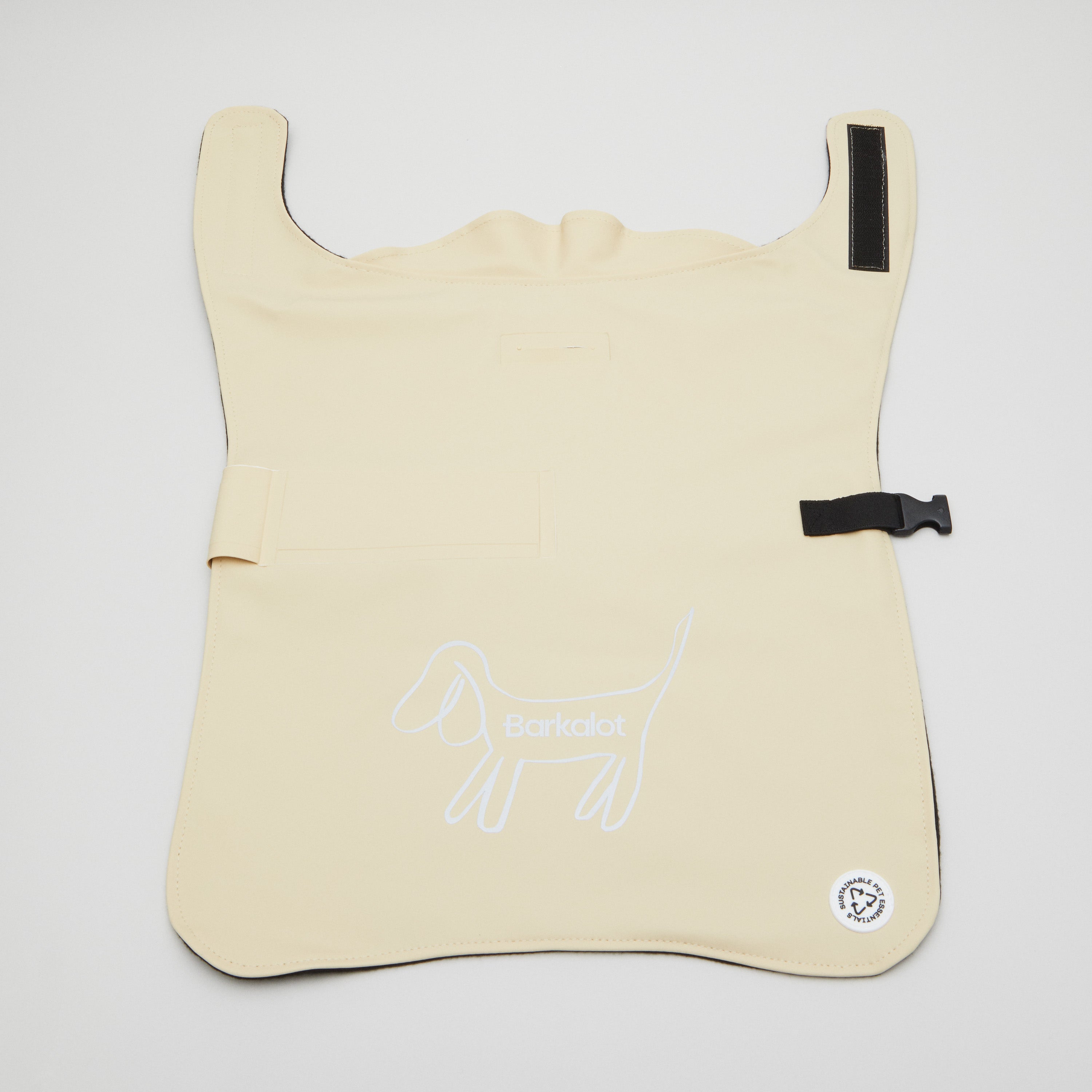
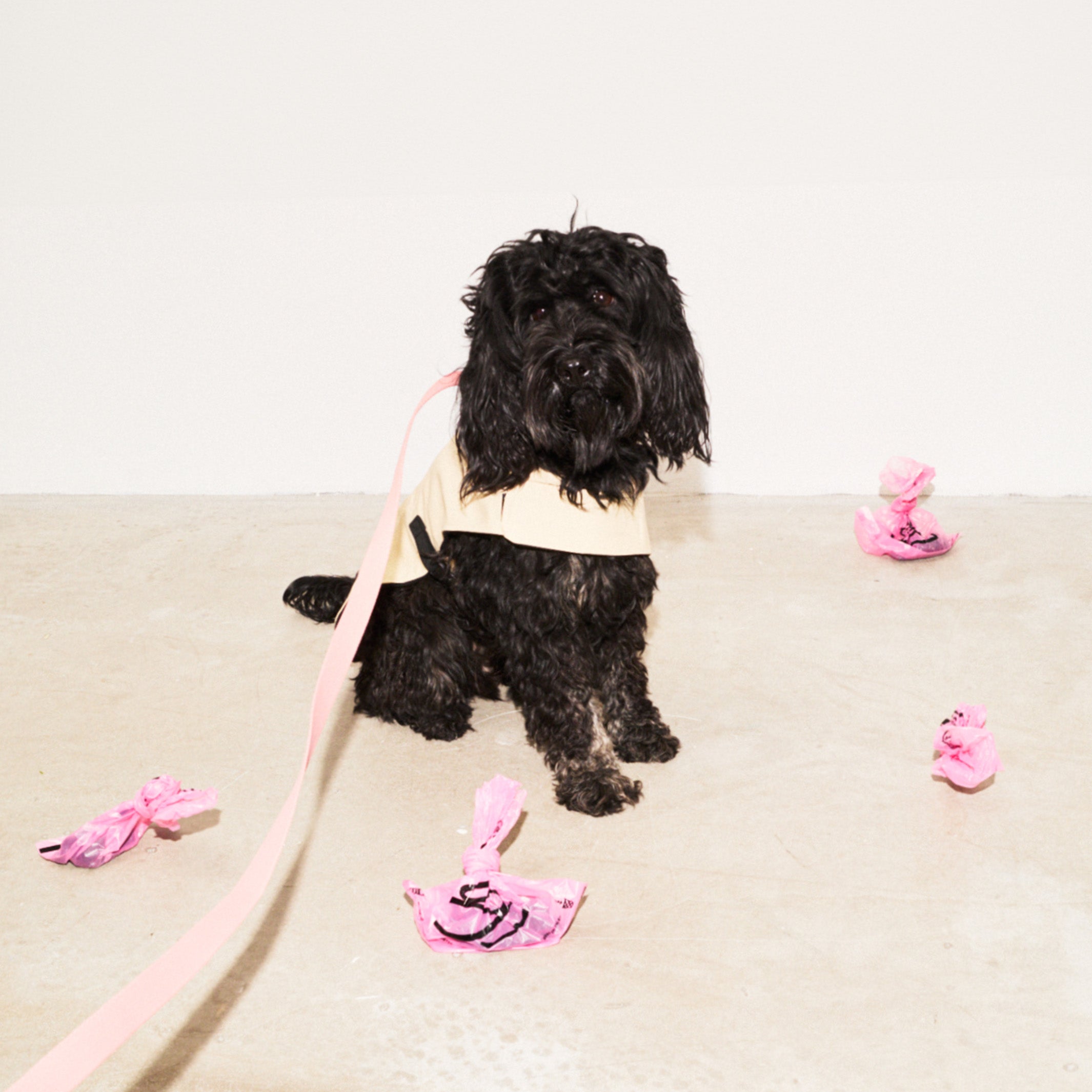
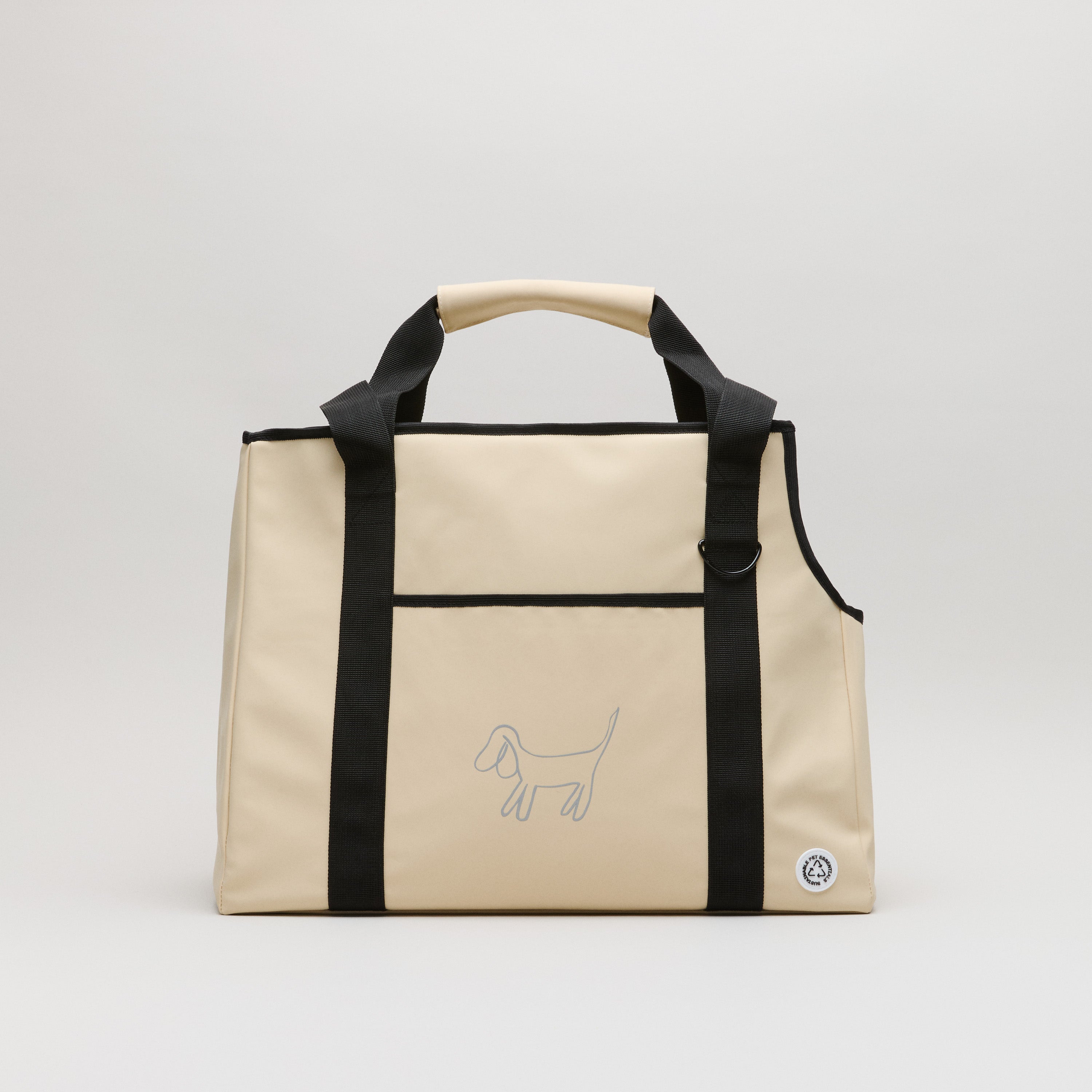

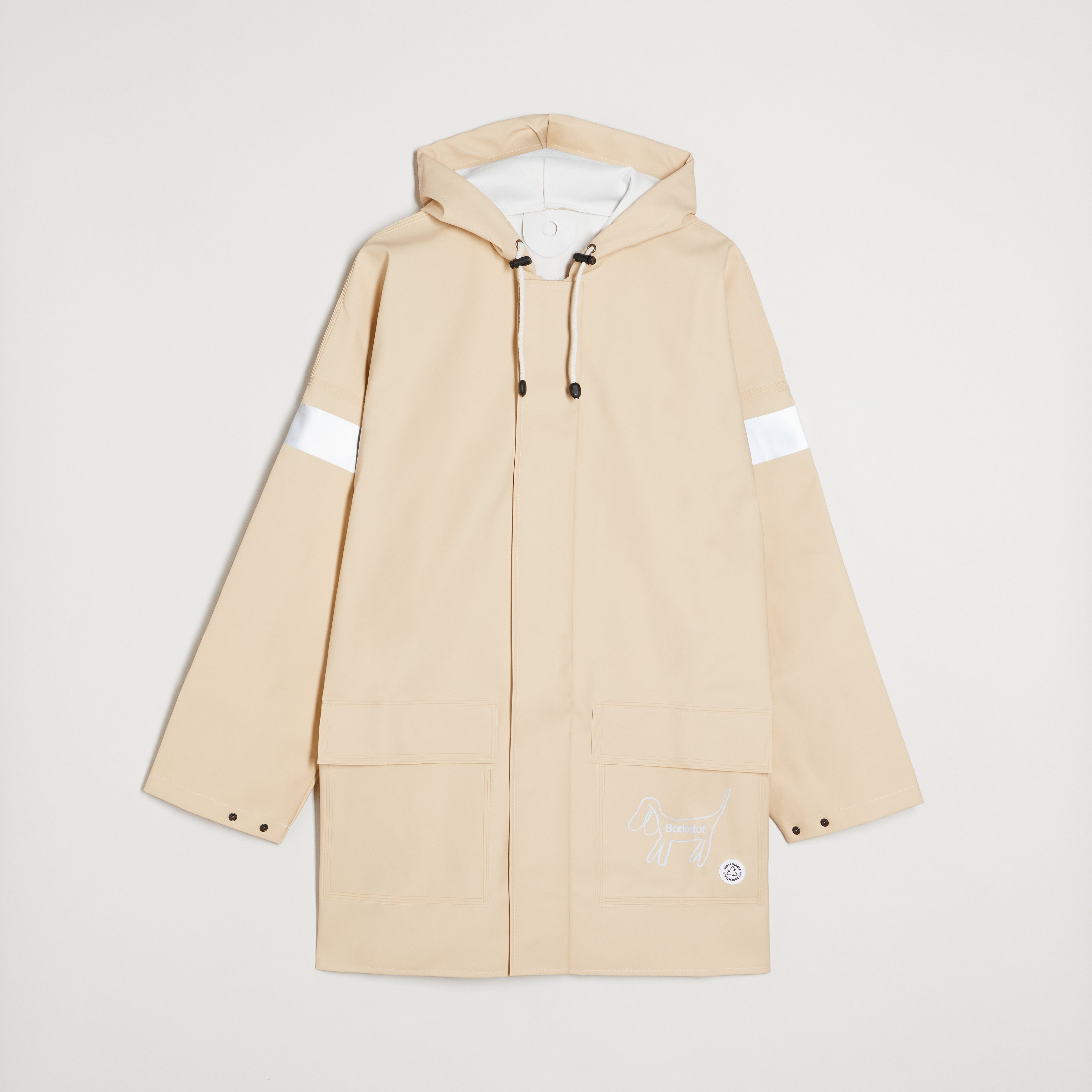
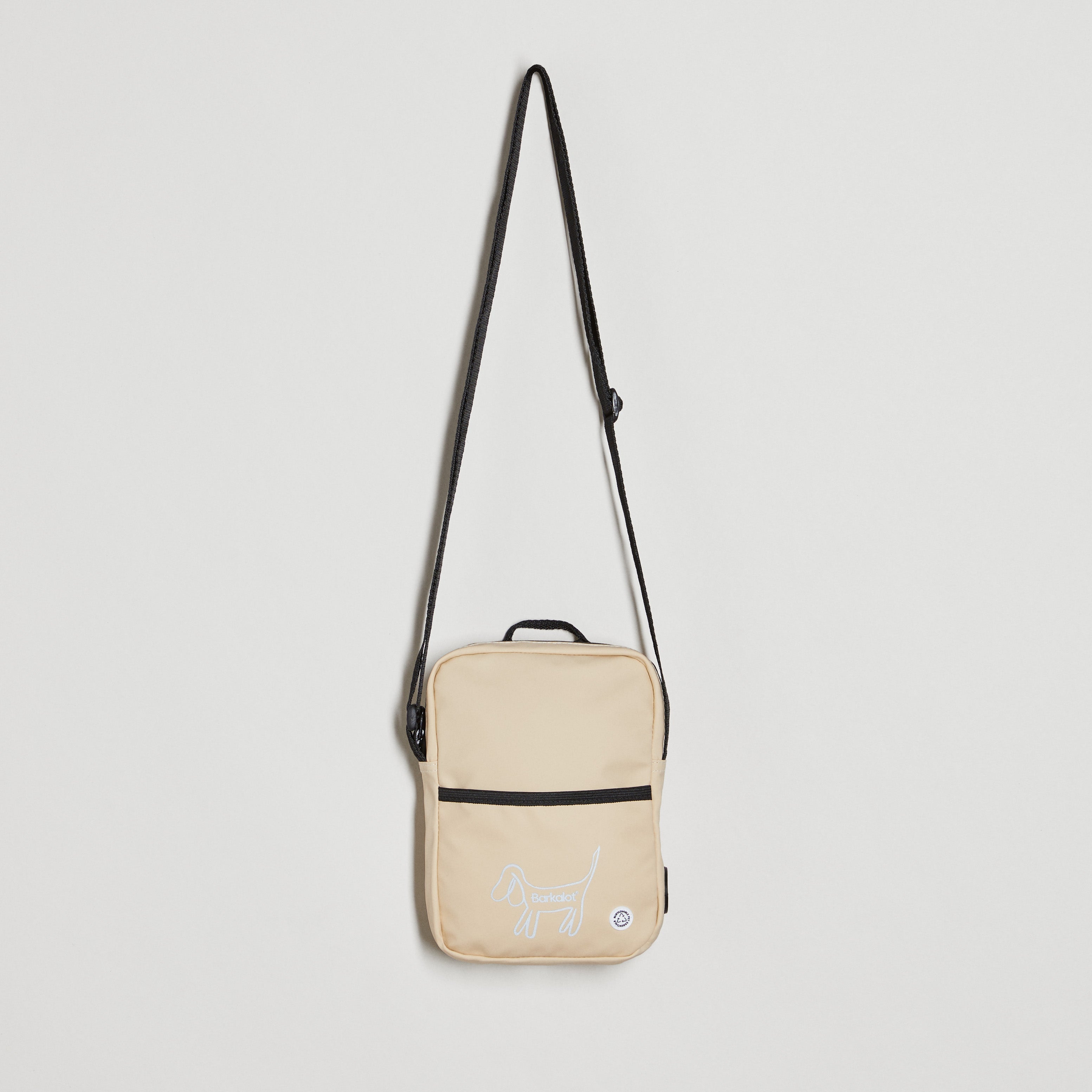
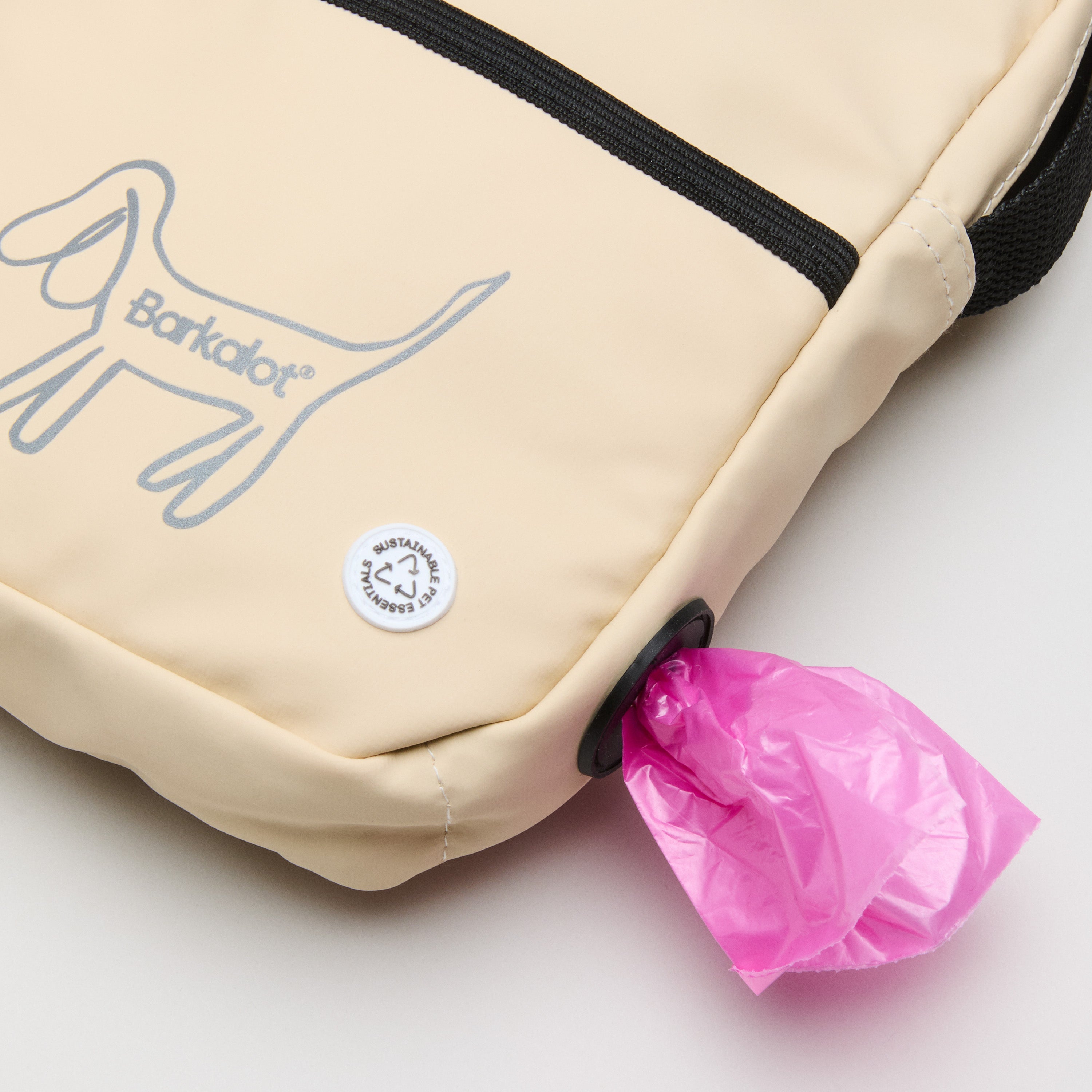
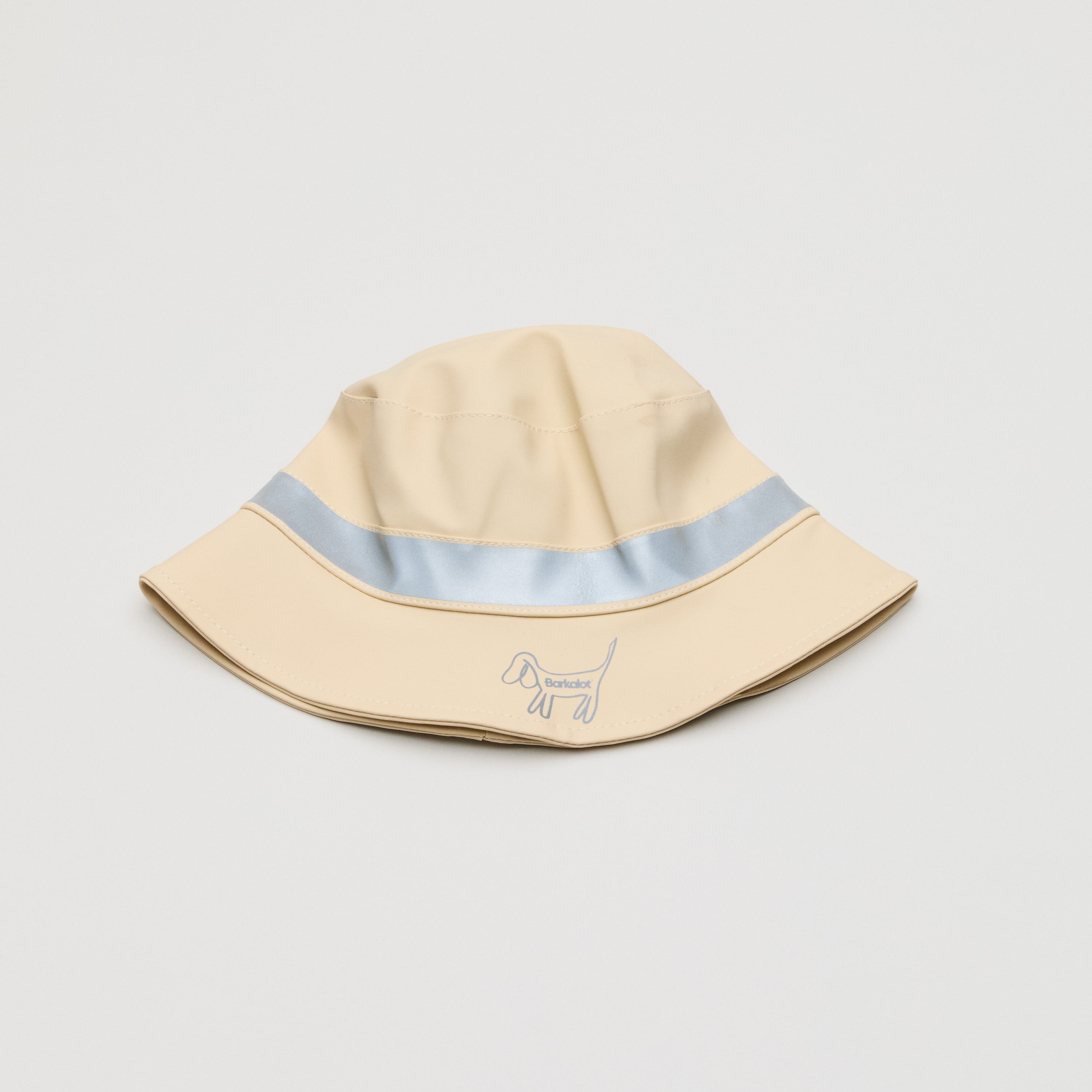
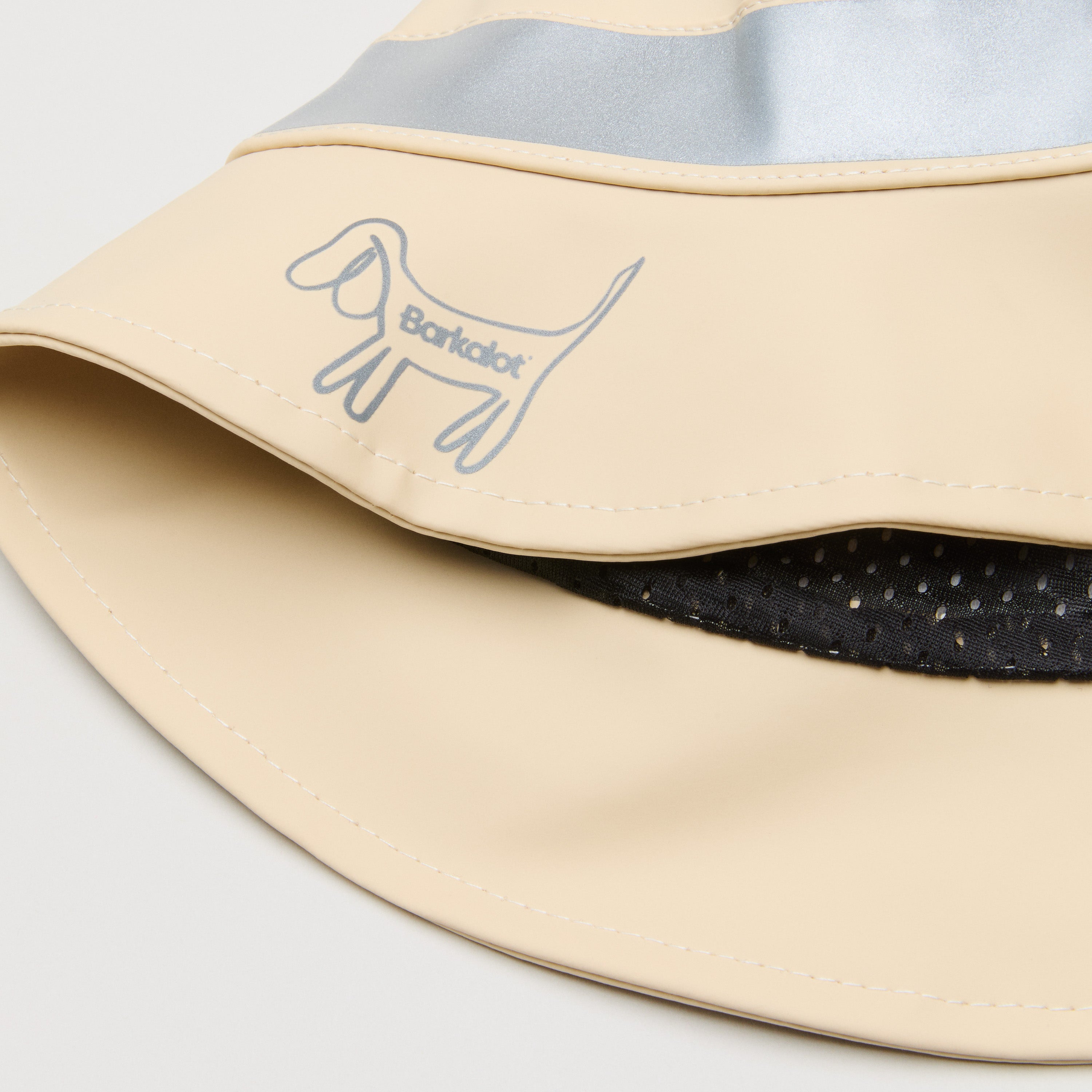



Leave a comment